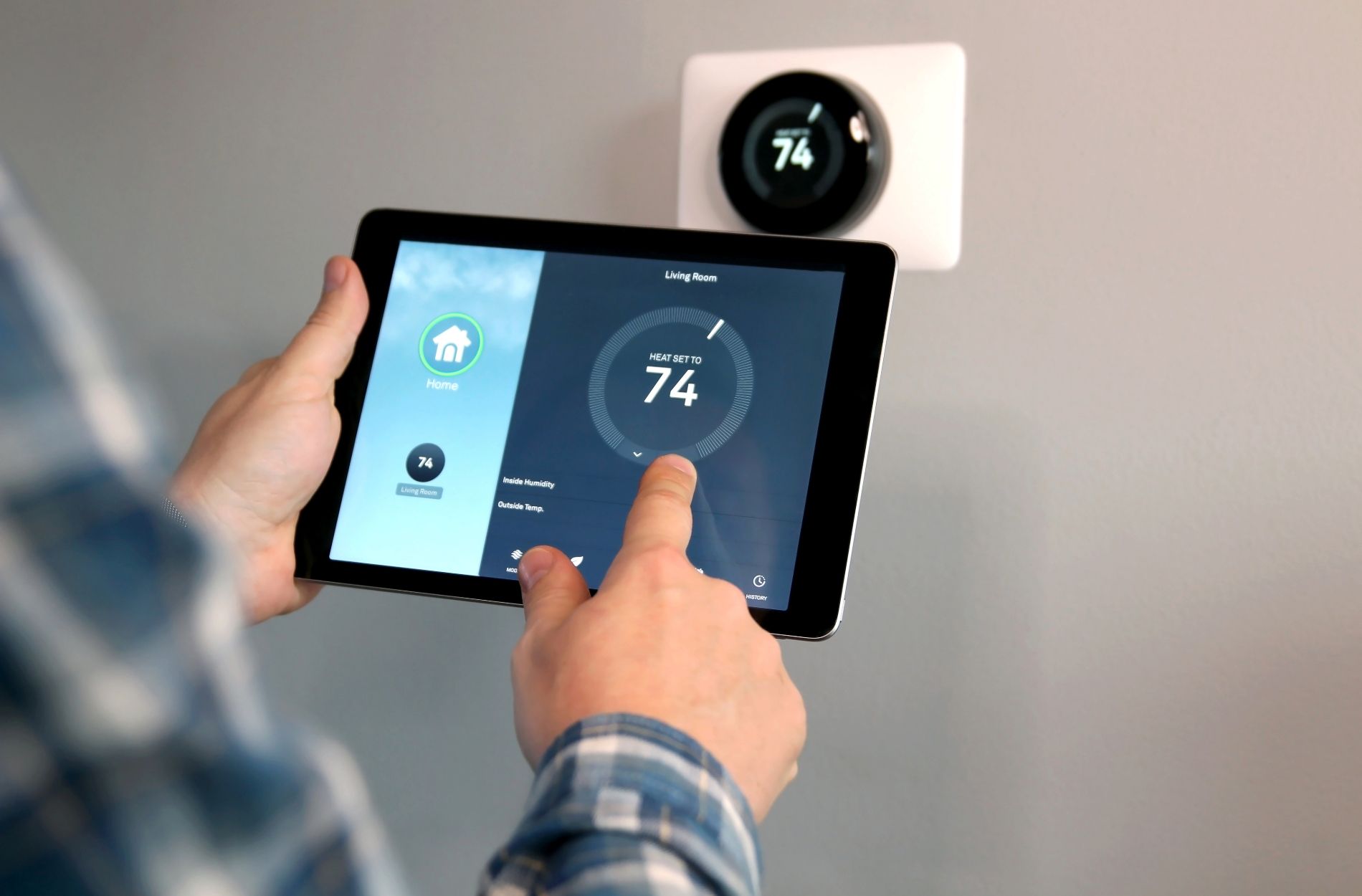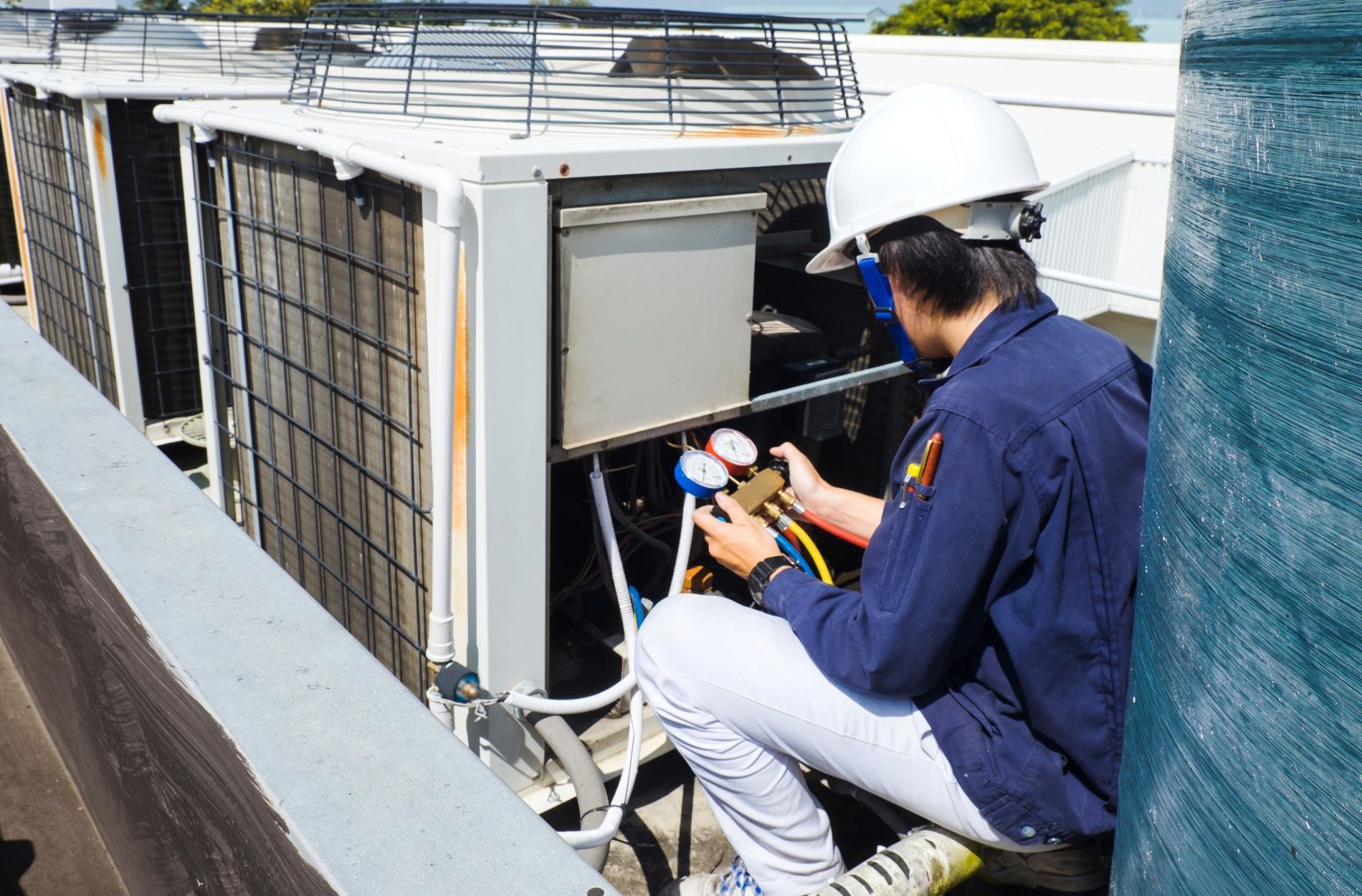Indoor Air Quality 101: Understanding Pollutants, Health Effects, and HVAC Solutions
Maintaining a comfortable and healthy living environment is a priority for all homeowners, and a crucial aspect of indoor comfort is air quality. Indoor air quality (IAQ) can have a significant impact on your well-being and the overall atmosphere of your home.
As providers of high-quality HVAC services, we are committed to helping our customers learn about the importance of IAQ, the common air pollutants you might find in your home, and the potential health effects associated with poor indoor air quality.
Additionally, we will discuss practical solutions, such as proper ventilation, air filtration systems, and regular HVAC maintenance, which can help improve the air quality within your home and create a fresher, healthier living space for you and your family.
In this blog post, we will cover the primary sources of common indoor air pollutants, how they can affect your health, and the different HVAC solutions available to help reduce these pollutants and improve the air quality inside your home.
Our team of experienced technicians is equipped with the knowledge and expertise to help you identify potential air quality issues and recommend personalized solutions tailored to your home's specific needs, ensuring a cleaner and fresher living environment for you and your loved ones.
Common Indoor Air Pollutants and Their Sources
Numerous pollutants can affect your home's indoor air quality, originating both from inside and outside sources. Some of the most common indoor air pollutants include:
- Particulate Matter: Dust, pollen, pet dander, and mould spores are examples of particulate matter that can accumulate in your home's air. These particles can be released by everyday activities or brought in from outside whenever doors and windows are opened.
- Volatile Organic Compounds (VOCs): VOCs are emitted as gases from certain solid and liquid materials, such as paints, solvents, cleaning products, and furnishings. They can be harmful in high concentrations and are among the leading causes of indoor air pollution.
- Biological Contaminants: Mould, mildew, bacteria, and viruses are classified as biological contaminants and can thrive in damp or poorly ventilated areas, negatively impacting your home's air quality.
- Combustion Pollutants: Combustion appliances, such as gas stoves, fireplaces, and furnaces, can release pollutants like carbon monoxide and nitrogen dioxide into the air if not properly ventilated, posing health risks to occupants.
Health Effects of Poor Indoor Air Quality
Poor indoor air quality can have a range of adverse health effects, from short-term symptoms to long-term complications. Some common health effects associated with low IAQ include:
- Respiratory Issues: Allergens and irritants in the air can lead to respiratory problems such as asthma, allergies, and other chronic respiratory conditions.
- Headaches and Fatigue: Poor IAQ can contribute to headaches, fatigue, and difficulty concentrating, affecting your overall well-being and productivity.
- Eye, Nose, and Throat Irritation: Irritants and allergens can cause discomfort and irritation to sensitive areas like your eyes, nose, and throat, leading to inflammation and discomfort.
- Long-term Health Risks: Exposure to certain pollutants, such as VOCs and combustion pollutants, can potentially lead to long-term health conditions, including heart disease and cancer.
HVAC Solutions for Improved Indoor Air Quality
Implementing effective HVAC solutions can have a significant impact on your home's indoor air quality. Some practical measures to consider include:
- Proper Ventilation: Ensuring your home is adequately ventilated is critical for maintaining good indoor air quality. This involves more than just opening windows; it requires a balanced mechanical ventilation system that provides fresh outdoor air while exhausting stale indoor air. An energy recovery ventilator (ERV) or heat recovery ventilator (HRV) can be a particularly efficient and effective solution for this purpose.
- Air Filtration Systems: Installing a whole-home air filtration system can help reduce airborne pollutants and allergens, such as dust, pollen, and pet dander. High-Efficiency Particulate Air (HEPA) filters are effective at capturing particles as small as 0.3 microns, ensuring that your home's air remains clean and healthy.
- Humidity Control: Excess humidity can create an environment favorable for mould and mildew growth, leading to poor indoor air quality. Maintaining an indoor humidity level between 30 to 50 percent can help prevent the development of these biological contaminants.
- Regular HVAC Maintenance: Routine maintenance of your HVAC system, such as filter replacement, duct cleaning, and system tune-ups, can significantly affect the air quality within your home. Regular maintenance ensures your HVAC equipment operates efficiently and does not emit pollutants into your living space.
- Use Low-VOC Products: Whenever possible, opt for low-VOC or VOC-free alternatives when purchasing paints, cleaning products, and other household items that can emit harmful gases.
A Proactive Approach to Indoor Air Quality Can Lead to Healthier Living Spaces
Maintaining good indoor air quality is crucial for ensuring the health and comfort of your home's occupants. By understanding the common sources of indoor air pollutants and implementing effective HVAC solutions, you can create a fresher, cleaner living environment for you and your family.
Concerned about the indoor air quality in your home? Contact Anytime Heating & Air today, your
HVAC experts in Owensboro, to discuss how our team of experienced technicians can help you assess your home's air quality and implement effective solutions tailored to your specific needs, creating a healthier and more comfortable living environment for you and your family. Get a free estimate now!


